A senior university lecturer reached out to me recently to ask a thoughtful question:
What curriculum must be presented at a minimum to develop the skills of young and inexperienced educators?
I love these sorts of questions.
They cause me to reflect on my own journey and the curriculum of countless training programs I have delivered to these types of participants for much of my 33+ year career.
And perhaps, at the start of a new school year across much of the northern hemisphere, this is a timely post, too.
Scope & Depth of Content
In essence, the lecturer was asking what I believe to be the most important or critical skills to develop in young group facilitators.
Naturally, one could go crazy and list dozens of topics and skills.
But in our coaching call, I focused on those skills I thought to be fundamentally linked to:
- the success of an experiential-based learning program, and
- the impact and longevity of the young person’s career.
I was also heavily influenced by the content I presented in my top-selling ‘how-to’ publication Serious Fun: Your Step-by-Step Guide to Leading Remarkably Fun Programs that Make a Difference.
Much of what I view as critical curriculum is covered in this book, so if you teach experiential-based learning curricula, I highly recommend you grab a copy.
Essential Experiential-Based Learning Curriculum
A snapshot of the curriculum I strongly recommend that aims to focus on experiential-based learning and/or group facilitation & leadership skills follows (in no particular order:)
The Experiential Learning Cycle (ELC)
First developed by David Kolb in the 1960s, this is the foundation of all experiential-based programs and is thus strongly linked to effective group facilitation skills. If you’re an experienced facilitator and think you know the ELC, think again. I undertook an online course with David Kolb in 2022 and quickly discovered that much of what I had understood (and had been using) about the ELC was mostly rooted in the 1960s, ie outdated thinking. His thought leadership has evolved to version 4.0 and is thoroughly recommended reading. In any case, if you don’t have a grasp of the fundamentals of the ELC, and in particular, the process of reflection, then please consider choosing another career.
Philosophical Framework
There is a set of tools I describe in Serious Fun that are essential to the art and science of group facilitation skills. First and foremost is FUNN. Fun promotes interaction and frames the use of the other four essential tools that combine to create psychologically safe places to interact and learn. The other four tools are:
-
- Goal-Setting – setting clear expectations and the reasons for meeting them;
- Choice – the ability to choose if, when and how far one may step outside their Comfort Zone (see below;)
- Full Value – an agreement that frames and adds value to a group’s interactions; and
- Reflection – a process (as described by the ELC, above) that enables the discovery of learning and growth.
Zone of Proximal Development
If you’ve ever heard or uttered the phrase “Comfort Zone” then you are referring to the extraordinarily simple yet powerful educational theory of the Zone of Proximal Development (ZPD,) developed by psychologist Lev Vygotsky (1986-1934.) A thorough understanding of the ZPD and its impact on human behaviour and interactions is – once again – fundamentally linked to the growth, learning and development of a human being and/or group. In short, a successful group facilitator must know how to invite a group of participants to step outside their Comfort Zone to their Stretch Zone willingly – and this knowledge can only be gained by understanding what people can and cannot do without help.
Program Design & Flow
There are two recent models of learning and development that I have crafted over the years to help me clearly describe how I do what I do. The first was published in Serious Fun in 2014, called the Difference Model – and most recently, I updated this thought leadership in a model (I loosely call the Play to Growth model) described in this blog post. Both models feature the importance of sequencing for success. In its most recent iteration, I describe the essential flow of my program design and sequence as Play > Interaction > Share > Trust > Growth. They also speak to the key ingredients of effective icebreakers and the power of Unofficial Starts.
Reflection
This skill is already referenced above in the ELC and the essential toolkit I carry with me everywhere, but – put simply – if you are not inviting groups to reflect on their experience, you are not engaged in experiential-based learning. To this end, new people to the group facilitation field must learn reflection skills. At a minimum, you need to study the What? So What? Now What? model, but provide ample opportunities to learn critical debriefing or reflection skills.
Two Other Essential Skills
Again, based on my journey and that of many 100s of young group facilitations worldwide, I also add the following topics and skills to an introductory training course:
Story Skills – this is one of my superpowers because I believe it to be intimately linked to my ability to influence how a group feels and their decisions to participate. We all love being told a story. As a kid, I’m sure you loved having stories read to you at night, and this is still true for most adults today. Don’t believe me? When did you last watch a TV show or a movie? These are stories too, just presented in a different format. Good stories engage people; you can never have too much engagement in your programs.
Identifying Risk – this is all about understanding the difference between ‘actual risk’ and ‘perceived risk.’ All good experiential-based or adventure-based programs aim to keep the perceived risk (of their activities) as high as possible (to engage their groups effectively) while managing to keep the actual risk as low as possible (for obvious reasons.) Again, if you cannot identify the difference or know what type of risk you are dealing with, you are strongly advised to choose another career.
If you teach experiential-based learning curriculum, what do you think? Are there other topics that you cover that are not listed above?
Please share in the comments below.
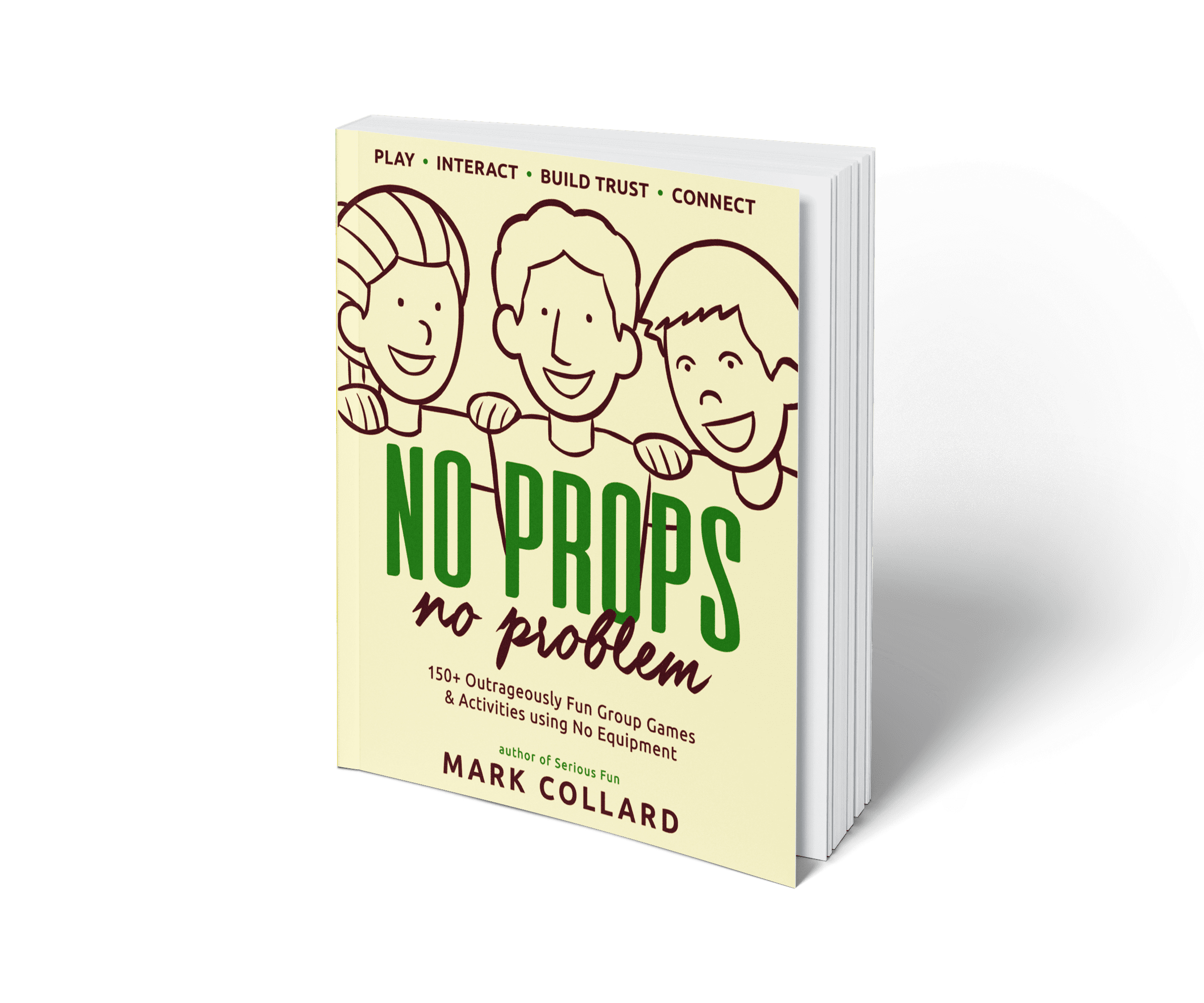
No Props? No Problem!
Get 150+ no-prop games & activities + exclusive 30-day free trial of playmeo. Scan QR codes to view activity videos, leadership tips, etc.
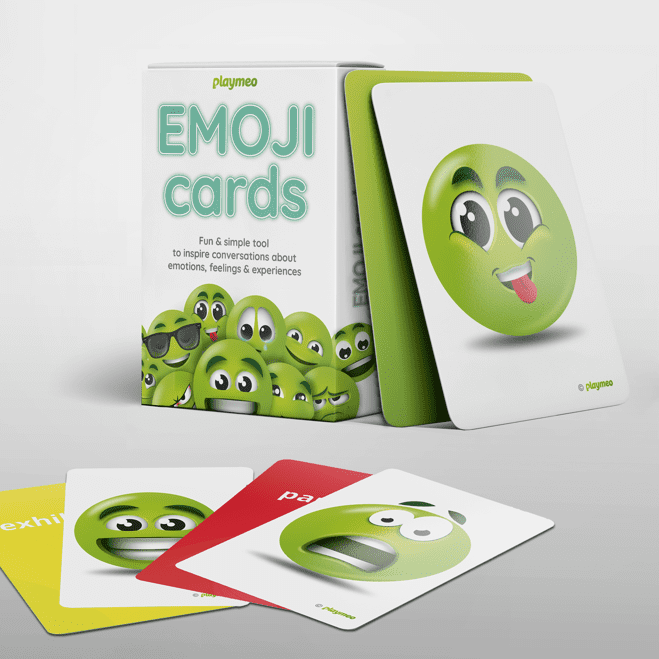
EMOJI Feeling Cards
50+ cards that portray a range of emotions from happy, sad, angry & confused. Ideal for building emotional literacy skills.
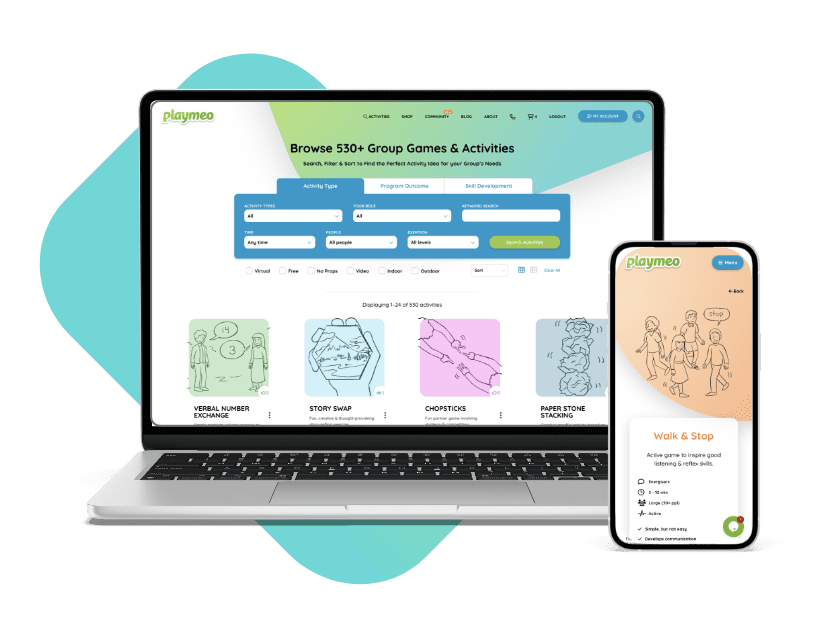
Wow, you’ve been busy!
You can open 1 more
activity for free.
Limit resets every 24 hours
or click below to get unlimited access.

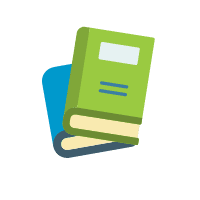
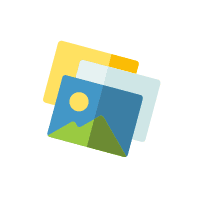
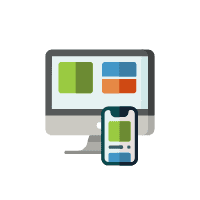
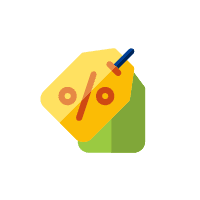
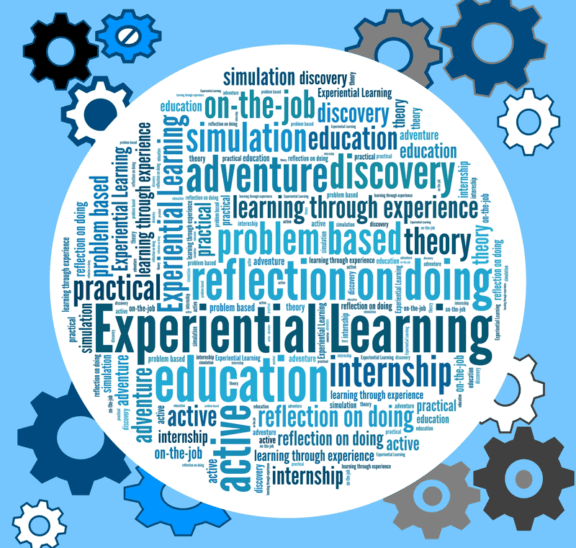
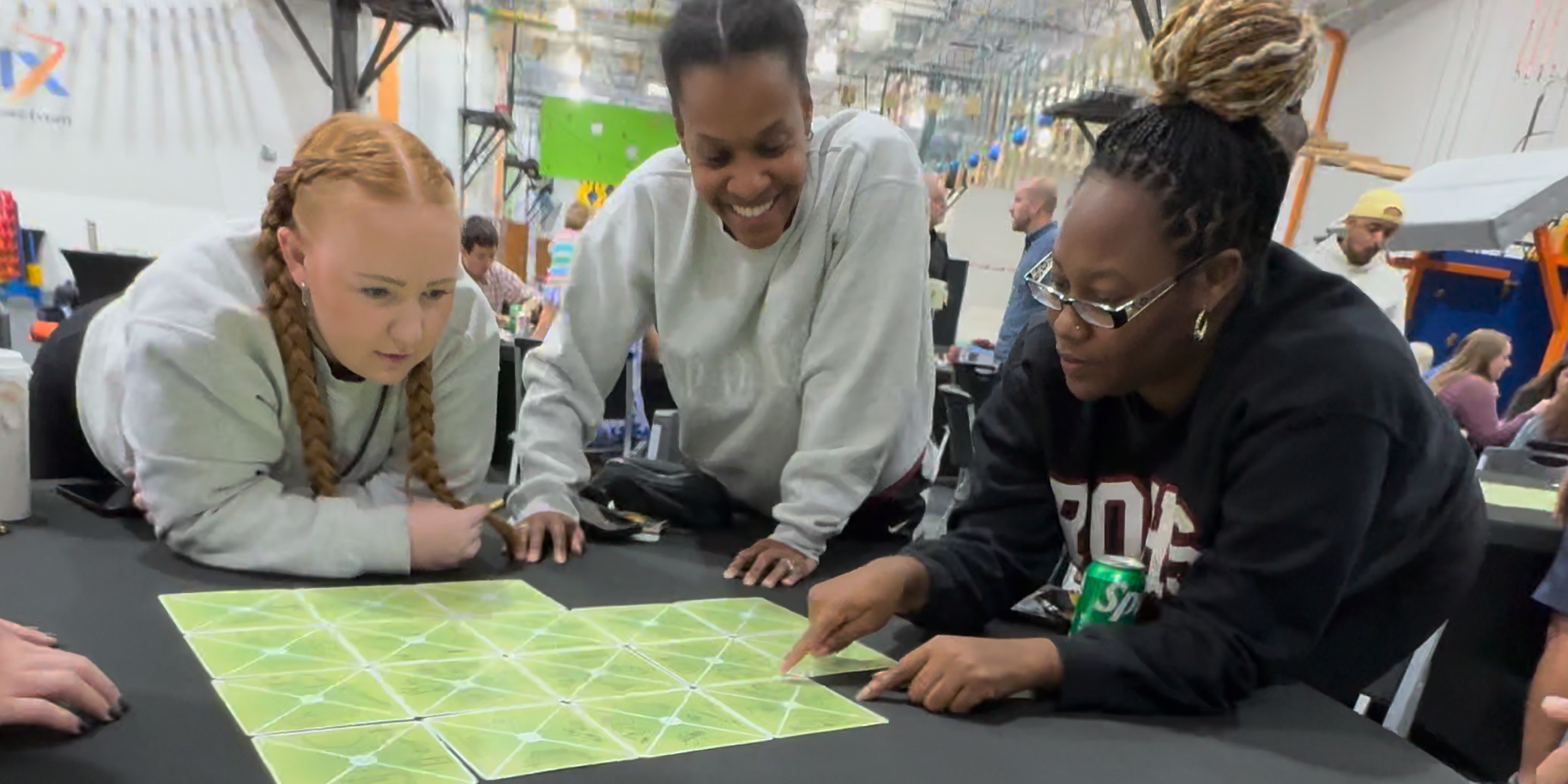




Original post September 2023, last updated November 2023.